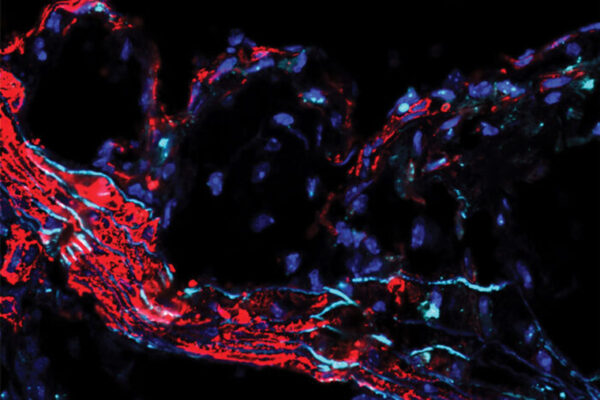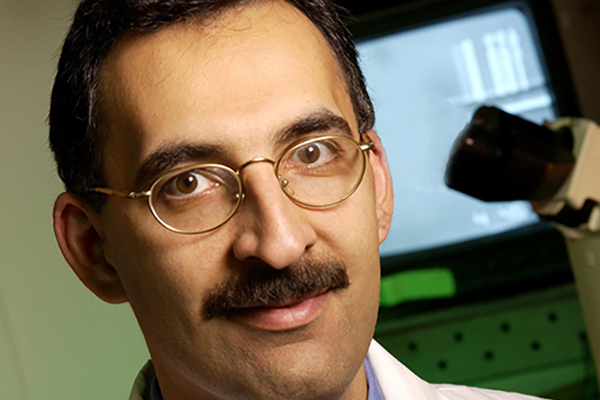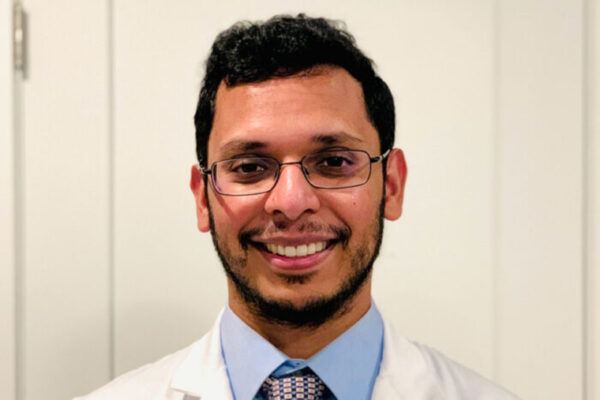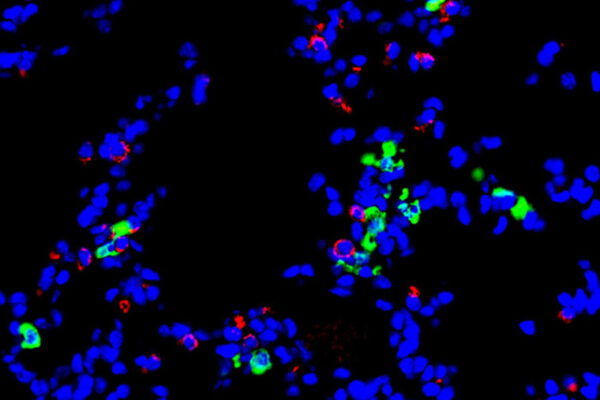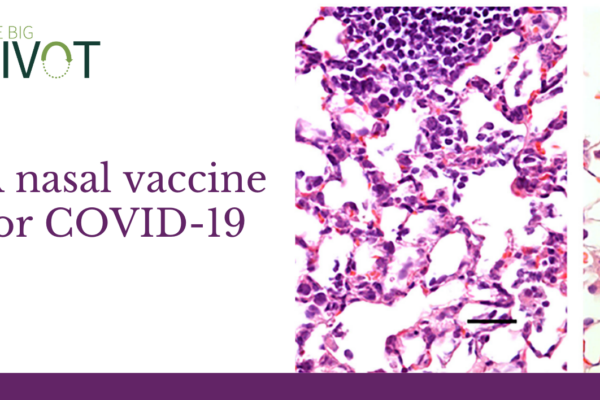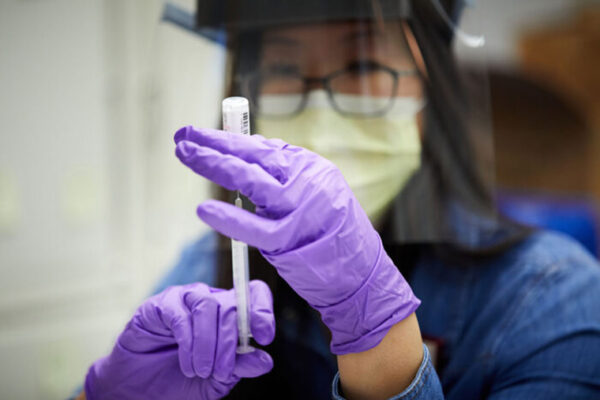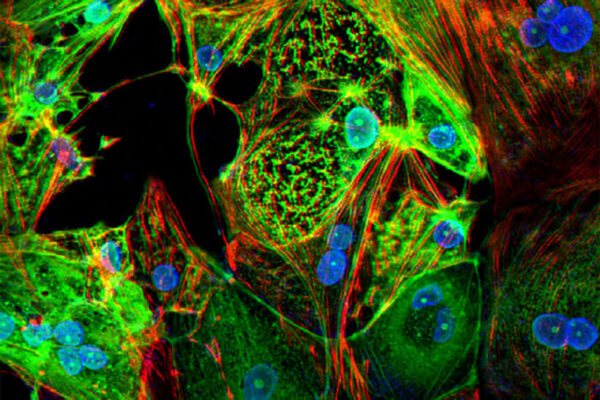Scientists find genetic link to clogged arteries
A new study from the School of Medicine has identified a gene — called SVEP1 — that makes a protein that influences the risk of coronary artery disease independent of cholesterol.
Guilak recognized for research in cartilage engineering
Farshid Guilak, the Mildred B. Simon Research Professor of Orthopaedic Surgery and co-director of the Washington University Center of Regenerative Medicine, has received the 2021 Elizabeth Winston Lanier Kappa Delta Award for his research involving the treatment of arthritic joints.
Medical student receives fellowship to study skin microbiome, diseases
Faisal Ahmad, a second-year medical student at Washington University School of Medicine in St. Louis, is one of 55 recipients of a $5,000 summer research fellowship from the Alpha Omega Alpha National Honor Medical Society.
Big Ideas program seeks applications
The Big Ideas 2021-2022 competition is open. The program provides opportunities for collaborative teams to develop innovations in informatics and health-care delivery The deadline to submit a letter of intent is March 29.
Immune cell implicated in development of lung disease following viral infection
Scientists at the School of Medicine have implicated a type of immune cell in the development of chronic lung disease that sometimes is triggered following a respiratory viral infection. The study was published in The Journal of Immunology.
School of Medicine researchers develop COVID-19 nasal vaccine
Scientists at Washington University School of Medicine in St. Louis have developed a vaccine that targets the SARS-CoV-2 virus, can be given in one dose via the nose, and is effective in preventing infection in mice susceptible to the novel coronavirus. The investigators—Michael S. Diamond, MD, PhD the Herbert S. Gasser Professor of Medicine and […]
Clinical trial in children to investigate rare inflammatory disorder linked to COVID-19
Washington University pediatricians who treat patients at St. Louis Children’s Hospital are part of a major research effort to investigate how the novel coronavirus affects children and young adults, including its role in a rare but serious inflammatory syndrome.
New evidence COVID-19 antibodies, vaccines less effective against variants
School of Medicine researchers have found that new variants of the virus that causes COVID-19 can evade antibodies that work against the original form of the virus, potentially undermining the effectiveness of vaccines and antibody-based drugs being used to prevent or treat COVID-19.
Opioid overdose reduced in patients taking buprenorphine
The drug buprenorphine is an effective treatment for opioid use disorder, but many who misuse opioids also take benzodiazepines to treat anxiety and similar conditions. School of Medicine researchers found that buprenorphine lowered the overdose risk, even in people who also took benzodiazepines such as Valium or Xanax.
COVID-19 can kill heart muscle cells, interfere with contraction
A study from Washington University School of Medicine in St. Louis provides evidence that the coronavirus that causes COVID-19 can invade and replicate inside heart muscle cells, causing cell death and interfering with heart muscle contraction.
Older Stories
